What is Meniscus Repair?
Meniscus tear repair is a surgical procedure aimed at treating tears or damage to the meniscus, a cartilage structure in the knee joint responsible for cushioning and stability. This surgery is typically performed to restore knee function and prevent further complications after injuries caused by sports, trauma, or age-related degeneration. It addresses torn cartilage, instability, and knee pain while minimizing postoperative complications and facilitating rehabilitation.
Meniscus Repair Techniques:
- Traditional Open Surgery: Involves a larger incision to access and repair the torn meniscus, usually reserved for complex cases.
- Arthroscopic Meniscus Repair: Minimally invasive technique using small incisions and a camera to guide the repair, resulting in shorter recovery times and reduced postoperative discomfort.
- Partial Meniscectomy: In some cases, the damaged portion of the meniscus is removed to restore knee function while preserving as much healthy tissue as possible.
- Meniscus Transplantation: If the meniscus is too severely damaged, a donor meniscus can be transplanted to restore knee stability and function.
| Procedure Name | Arthroscopic Meniscus Repair |
|---|---|
| Type of Surgery | Minor |
| Type of Anesthesia | General Anesthesia |
| Procedure Duration | 30 minutes to an hour |
| Recovery Duration | Several weeks |
Arthroscopic Meniscus Repair: Pre-Op & Post-Op Care
Preparation: Before meniscus surgery, patients are evaluated through medical history, physical examination, and MRI scans to assess the extent of the meniscus tear and aid in surgical planning.
During the surgery: Torn Meniscus surgery involves repairing or removing the damaged cartilage using minimally invasive arthroscopic techniques. The surgeon accesses the knee joint through small incisions, repairs the tear using sutures or anchors, or removes damaged tissue, then closes the incisions.
Duration: The duration of meniscus surgery ranges from 30 minutes to an hour, depending on injury complexity and surgical technique.
Recovery: After meniscus surgery, patients are closely monitored in the recovery area until they regain consciousness and their vital signs stabilize. They are then provided with instructions on post-operative care, including pain management, wound care, and rehabilitation exercises.
Post-Procedure Care: Follow-up appointments monitor healing, assess range of motion, and check for complications like infection or blood clots. Physical therapy aids in regaining strength, stability, and function in the knee joint. Weight-bearing and activity restrictions are gradually eased based on patient progress.
Benefits of Arthroscopic Meniscus Repair at Yashoda Hospitals
- Restores knee function and stability.
- Reduces knee pain.
- Improves range of motion.
- Facilitates return to sports and physical activities.
- Prevents further complications in the knee joint.
- Enhances overall quality of life.








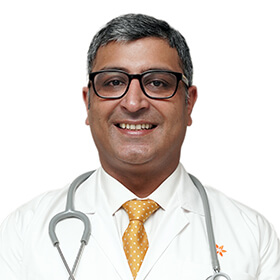





















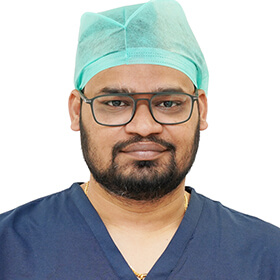
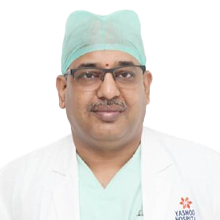





















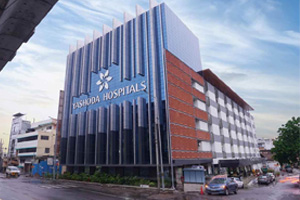
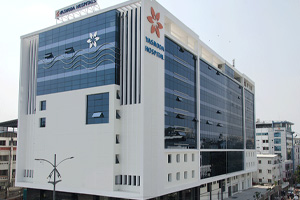
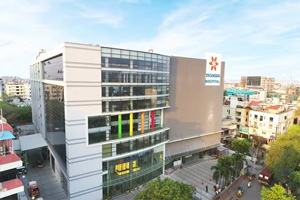
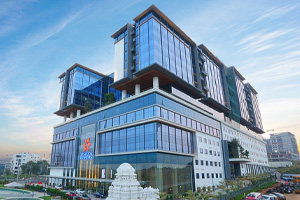
 Appointment
Appointment WhatsApp
WhatsApp Call
Call More
More